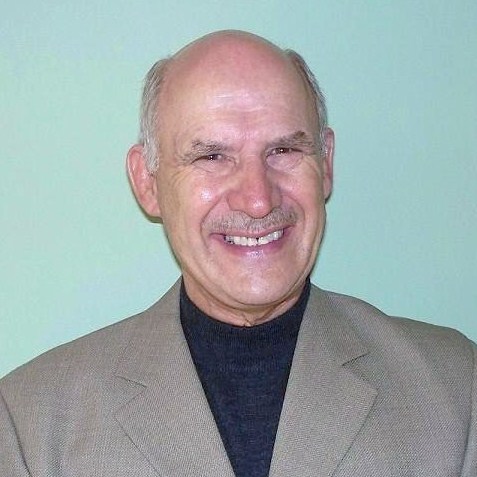Scripture writings are numerous on the importance of courage: against great foes (Judges 7:7-23); against great odds (1Samuel 17:32,50); when threatened (Daniel 3:16-18); when intimidated (Daniel 6:10); in moral crises (Nehemiah 13:1-31); in rebuking (Galatians 2:11-15), in preaching Christ (Acts 3:12-26), and so on.
A pleasant duty as commander of the RCMP Academy in Regina was conducting final briefings for graduating cadets. Somewhere spliced into every session, I would focus on our primary “raison d’être”—the protection of life, limb, and property, and the discharge of these duties without fear, favour, or affection. Cadets, being mindful of their looming policing duties in real life situations would frequently have questions surrounding fear, and on individual coping techniques.
I would often premise my response from the words of an unknown author: “It’s not he/she who’s brave and has no fear, but he/she whose fearful heart is brave.” “Damn the torpedoes; full speed ahead” are great lines for the movies, but reality requires us to assess the danger and the risks, and sensibly take a course of action that often requires a fearful heart. It’s accepted that in stressful situations where danger is present, responders will be fearful. Doing ordinary things under extraordinary circumstances underpins the importance of sound risk management, and fighting the good fight. There’s a line in that well known hymn, Stand Up! Stand Up for Jesus: “…where duty calls, or danger, be never wanting there.” It speaks to the need for courage.
At an early age we get to know the difference between right and wrong. And being truthful takes on its proper meaning when we tell the truth, the whole truth, and nothing but the truth. It’s been rightly said that, “a truth that’s told with bad intent, beats all the lies you can invent.” In working with responders, honesty is by far the best policy, in handling serious and critical situations where danger is imminent.
In the work place, we recognize our own established patterns of coping and attempts at coping, and in observing the behaviour of others. We note the differences in cool dudes, hot heads, and all those levels of competency and incompetency falling somewhere in between. I used to find myself pondering why some individuals can embrace heavy workloads and challenges while others find the load too heavy. The right balance of rest and exercise, be it mental or physical, is difficult to judge, and can not be generalized, as individual coping has its own technique and time table.
Louis Armstrong’s line “… nobody knows the troubles I’ve seen…nobody knows but Jesus…” has popular appeal. Yet the belief that no one else knows of our troubles is not necessarily always the case. It’s just difficult to imagine that any of our individual troubles, in the total scheme of things, can really be new when we consider all those folks who have come and gone before us. It’s perhaps more understandable to think of life’s troubles as old things happening to new people.
William Wordsworth’s line, “In that sweet mood, when pleasant thoughts bring sad thoughts to the mind,” is a bit of a puzzle. Why indeed, should pleasant thoughts lend themselves to sad thoughts? Could it be nature’s way of looking after us by not letting us get lulled into complacency? Nature doesn’t always spring to the forefront with such help. Excessive self-indulgence—self-centredness as opposed to being compassionate and caring and showing concern for the wellbeing of others—is a shortcoming that too often befalls many of us. That same self-indulgence and self-centredness can sometimes take us down a lonely, slippery slope, “to that sweet slow descent into self-pity,” wherein we seek false comfort by emotionally feeding off our own misery.
Our mind, when it experiences mental trauma, often needs time to rest, to cope, and to re-adjust in the healing process. Somewhat like a physical injury of a knee, we need a combination of rest and exercise. And if we strap-up and immobilize the knee too rigidly, without regard to a proper balance of rest and exercise, then healing can easily be hampered rather than helped. Likewise, if we resort too quickly to drugging our minds, it can deprive our natural coping processes. Our individual thresholds on coping with mental trauma or physical pain, vary. And in many cases, it’s perhaps a good practice to stretch ourselves a bit, before resorting to unnatural remedy such as over strapping-up the mind or over strapping-up the knee.
So then, coping with the stresses and strains of life, when you really get down to the nitty-gritty of it, is an ongoing struggle. Each day brings a new opportunity to fight the good fight, and hopefully the courage and will to persevere. Our daily challenge, with God’s help, is to seek and strive to find that reasonable, albeit elusive balance.




